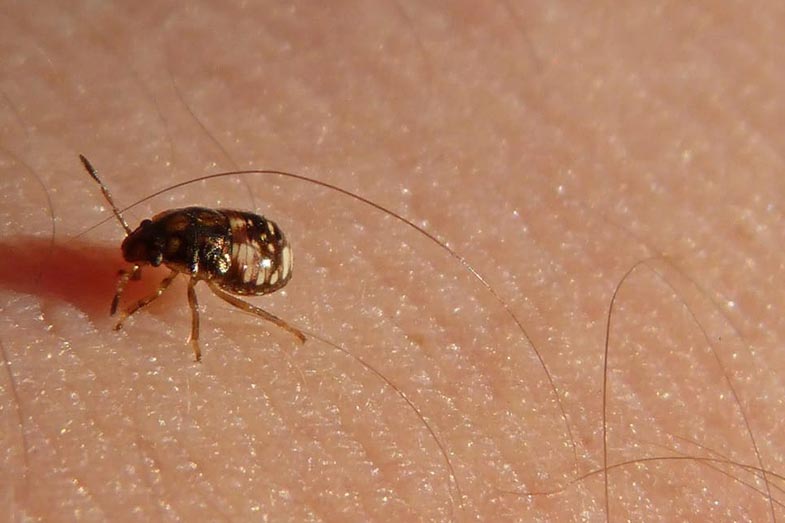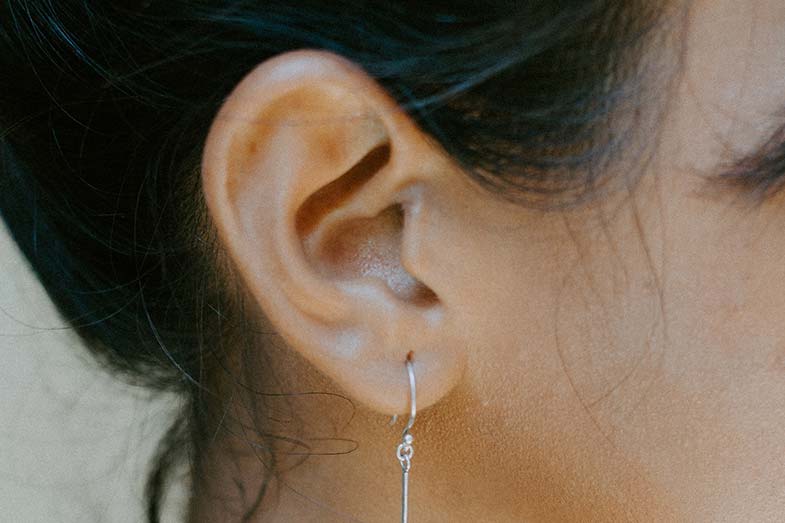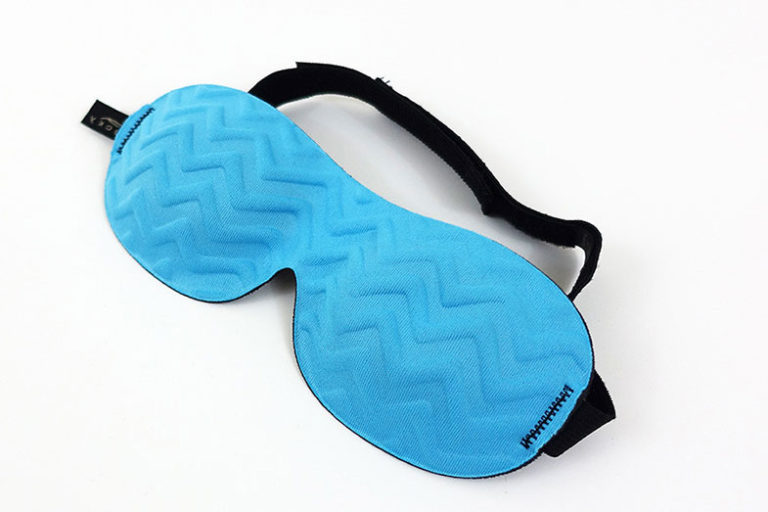Do Bed Bugs Go in Your Ears?
Disclosure: We may get commissions for purchases made through links in this post.
It is a known fact that we, humans, live with other living creatures, which can be either beneficial to us like pets or harmful such as pests. Bed bugs are among those considered as pests since they feed on human blood and leave bite marks on our skin. Being so tiny and actively bites while a person sleeps, some people wonder and ask, “Do bed bugs go in your ears?” because they fear that these creatures might travel to other internal organs and live inside for extended periods.
So do bed bugs go in your ears? Bed bugs do not commonly take abode in the human body, even if we are their primary food source. At times, though, they lose their way and crawl up our face, especially since they’re attracted to the exhaled carbon dioxide and breath heat—two signs that there’s food.
That said, let’s understand such an incident better by looking into how deep the bed bugs will go into your ears and how long they will stay there. You will also find information about the common symptoms experienced by people with bed bugs in their ears, proper and safe ways of removing bed bugs in your ears, and if you need to throw out your infested mattress.
Can Bed Bugs Go in Your Ears?

Bed bugs usually feed on human blood at night, and once done, they will go back to their hiding places such as your bed mattress and tatami mat. They also don’t wander around and need to go inside the human body to eat; they can stay on the skin surface and satisfy themselves. Still, there are rare moments when they find their way inside your ears.
A. Things to Expect When Bed Bugs Enter Your Ears
Once bed bugs are inside your ears, here are some facts you need to know:
How Deep They Go and Length of Stay
The good thing is that when bed bugs enter your ears, they won’t go as far as your eardrums and won’t stay too long. Bed bugs will eventually die due to an absence of food, even though they will suck blood from your ear canal skin from time to time.
Some fear that the hole created by bed bugs might be a way for them to enter deep into the skin. However, that is not possible since the hole they create where they sip blood isn’t big enough for them to squeeze through.
Laying of Eggs
When it comes to laying eggs inside your ears, this is almost unlikely because they have certain requirements when it comes to a nesting site, which the ears don’t meet. They are:
- A Place With Easy Access to Humans: The key phrase here is “easy access”, which means not in or on the human body but near it. Bed bugs are cold-blooded, and since humans are warm-blooded, our body isn’t a conducive place for them and their eggs to live. They only need us for food, so when they lay eggs, they need to be near us so that they can easily take a blood meal. Also, as soon as the eggs hatch, the nymph would need to eat.
- Closed or Undisturbed Areas: Parents, whether humans, animals, or pests, will always make sure their babies or eggs are safe. Thus, bed bugs prefer to lay eggs and let their eggs hatch in an enclosed area, plus one that not disturbed easily by humans and other living organisms.
B. How to Know If a Bug Is in Your Ear

Since bed bugs are tiny and usually active at night while we’re sleeping, it is challenging to determine if there is an infestation. The most typical indication that you have a bed bug problem is when you have tiny bites that follow a specific path on your skin. Apparently, you won’t be able to see bed bug bites in your ears, but you would experience some common symptoms such as:
- Ear Discomfort: You will feel a little discomfort in your ears because the nerves in your external ears and near your eardrums are irritated.
- Pain: The pain felt is usually attributed to the bed bug bites.
- A Feeling of Fullness: The feeling that your ear is full is simply because there is a foreign object inside your ear.
- Swelling and Pus: These two symptoms usually occur when the bed bug has long been inside your ear. Remember that the bed bug bite is considered an open wound, making your ears prone to infection since microorganisms and dirt can easily enter.
- Hearing Loss: At times, some people might experience mild hearing loss because the bed bug blocks the sound partially or due to the inflammation.
How to Remove Bed Bug From Ears
If you suspect that there’s a bed bug in your ears, don’t panic because you can remove it on your own. When attempting to remove a bed bug in your ear, you should be comfortable, so it is best to sit. Also, never insert swabs, tweezers, and any other objects in your ears since they can cause ear damage and hearing loss, as well as push the pest to the eardrum further.
With that in mind, here are the recommended ways for you to remove a bed bug in your ear safely and successfully:
A. With the Help of Gravity
This method is usually helpful if the bed bug is still alive and is not too near your eardrum. The first thing you need to do is tilt your head to the side where the bed bug is.
Then, to help dislodge the bed bug, shake your head gently to disturb the bed bug and let it find its way out or for the bed bug to fall out freely on the ground. You may also grasp your ear’s pinna or lower tip of your ear, and then wiggle it.
B. Through Flushing
Flushing can work for both dead and alive bed bugs, and unlike the first method, you should hold your head upright for this method. Keep in mind that you can’t use this method if you have ruptured eardrums or other ear infections or problems.
For this method, you can use warm, clean water if the bed bug is dead. On the other hand, if the bed bug is alive, you can use baby, mineral, olive, or vegetable oil, which can help suffocate the bed bug.
To begin, you need to get a dropper or a syringe and fill it with water or oil. Pull down the lowest tip of your ear to stretch your ear canal. Gently put a steady stream of water or oil and then tilt your head to the side where you place the water or oil for it to drain together with the bed bug.
C. Professional Suctioning
When the bed bug is too close to your eardrum, you have ear issues, or you can’t remove the bed bug, it is best to visit a doctor for professional suctioning. This is somewhat similar to flushing, but with the use of special solutions and devices.
Should I Throw out My Mattress If I Have Bed Bugs?

One of the most common habitats and nesting places of bed bugs are mattresses. Not only because the mattress is the closest they can get to their food, but also because it is during sleep when we are at our most resting state, giving the bed bugs the freedom to suck our blood.
Hence, most people who experience bed bug bites and/or bed bugs in their ears would likely ask if they can throw their mattress (view on Amazon) out and then just buy a new one to end their bed bug problems. The answer to this is both a yes and a no. Yes, but you need to follow certain procedures, and no because there is a more affordable solution.
Throwing Your Mattress Out
Replacing your old mattress with a brand new one can help end your bed bug problems but might lead you to spread the bed bugs throughout your home. Remember that bed bugs also live in furniture, carpets, wall cracks, and similar places.
When you carry or drag the infested mattress out of your room, they might fall off from it and find new nesting and resting areas. Also, since your bed frame (view on Amazon) or room would still probably have bed bugs, the replacement mattress might soon be infested with bed bugs.
To ensure you won’t cause more problems by throwing and replacing your old mattress, it is best to get your house treated from bed bugs with the help of professional exterminators.
Not Throwing Your Mattress Out
If you prefer not to throw your mattress and purchase a new one, you can buy a special mattress encasement such as the Utopia Bedding Bed Bug And Waterproof Mattress Encasement (view on Amazon). You will use this to seal your mattress so that the bed bugs stay in the mattress. This way, the bed bugs will starve since they can’t feed on you.
After that, all you have to do is remove the encasement. Then, launder or dispose of it as per manufacturer’s instruction. However, again, it is still best to contact a professional exterminator to ensure your home is free from bed bugs.
There you have it! Some helpful knowledge about bed bugs that will help you prevent bites and them entering your ears. Have a goodnight’s sleep!






